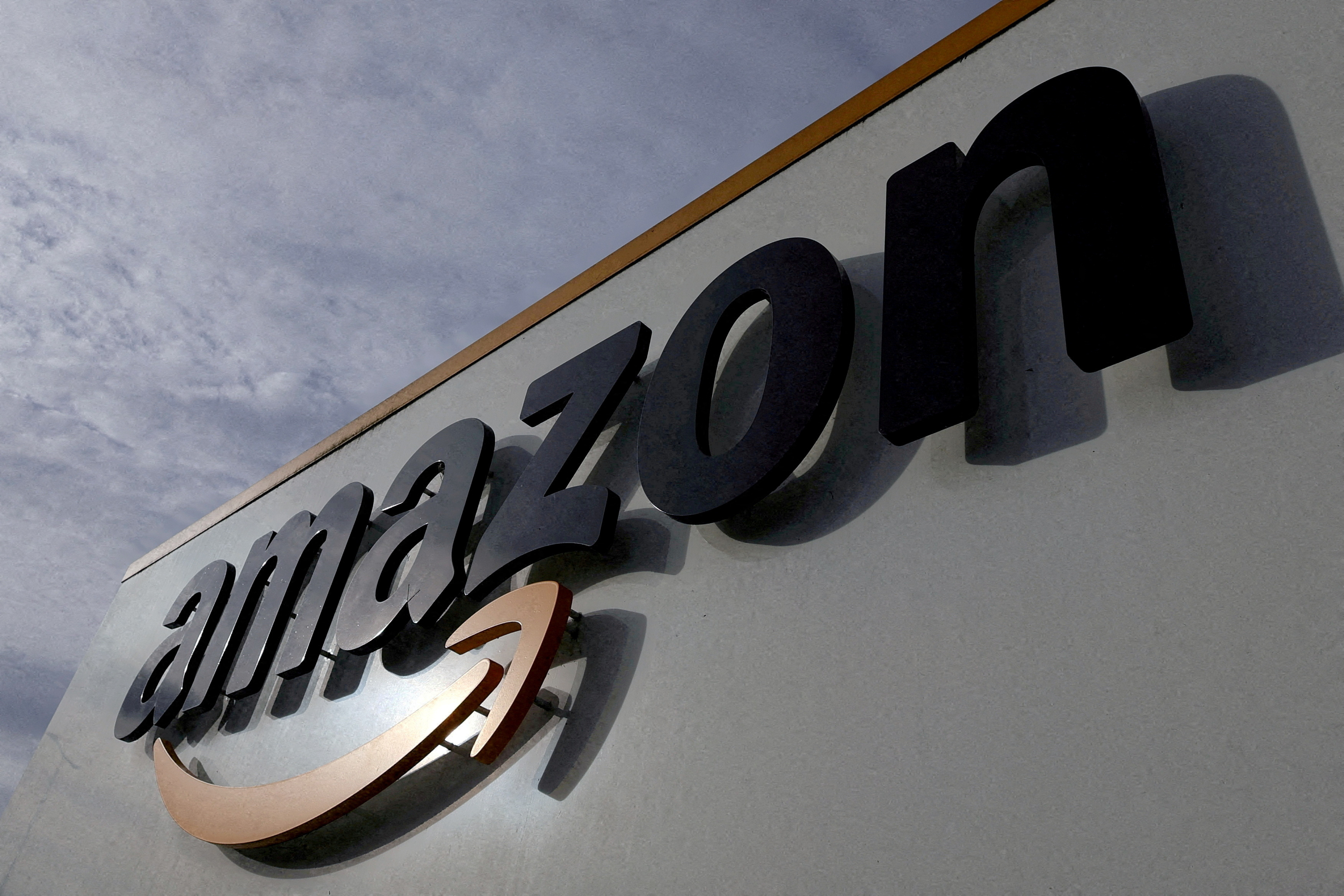Meta's AI Bombshell: Next-Gen Model Blocked in EU, Sparking Tech Cold War
In a surprising turn of events that is causing shockwaves in the tech industry, Meta has made a significant announcement regarding its future operations in the European Union. The social media behemoth has declared that it will not be offering its highly anticipated multimodal AI model, as well as any subsequent models, to customers in the EU. The rationale behind this decision is attributed to what Meta perceives as a "lack of clarity" from European regulatory bodies.
A Digital Divide Emerges
In a move mirroring Apple's decision, Meta has opted to withhold its cutting-edge AI capabilities from European users, raising concerns about a potential technological cold war between American tech giants and EU regulators.

Meta's latest AI offering is not your run-of-the-mill chatbot. Referred to as a multimodal model, this cutting-edge AI can process and interpret various forms of data such as videos, audio, images, and text. Envision an AI that can simultaneously watch a video, listen to music, view an image, and read a book, and then engage in a conversation with you about these diverse inputs. The potential capabilities of such technology are truly groundbreaking.
Data Dilemma
The crux of the issue lies in the realm of data. Meta intends to leverage content from Facebook and Instagram users to train its AI algorithms. However, in the EU, stringent data protection laws like GDPR are in place to safeguard individuals' data privacy. Despite Meta's efforts to comply with these regulations, including sending out billions of notifications to users, they encountered regulatory roadblocks just as they were preparing to launch.
Meta's predicament is not unique. The company asserts that other prominent players in the AI domain, such as Google and OpenAI, are already utilizing European data to enhance their models. The concern is that without access to this data, Meta's AI may struggle to grasp European languages and cultures. It's analogous to attempting to educate someone about France without exposing them to croissants or the iconic Eiffel Tower.

Implications and Uncertainties
The repercussions of this standoff could be far-reaching. European businesses may find themselves deprived of state-of-the-art AI tools, even though these technologies are released under open licenses. Furthermore, non-EU companies might need to reconsider offering their services in Europe if they rely on these advanced AI models.
Meta is not completely closing the door on the EU; rather, they are emphasizing "not now." The company is advocating for clearer and more accommodating regulations. They point to the UK, which operates under similar legal frameworks as the EU but reportedly poses fewer obstacles. Meta's plea underscores the necessity for regulators to keep pace with the rapid advancements in AI technology.
A Clash of Ideologies
This current impasse represents the latest chapter in an ongoing saga of tensions between American tech firms and European regulatory bodies. Historically, the EU has maintained stricter stances on privacy and competition issues. However, tech companies are now pushing back, contending that these stringent regulations are detrimental to both consumers and businesses in Europe.

As the fallout from Meta's announcement unfolds, all eyes are on the EU. Will regulators yield to industry demands, or will they stand firm, potentially jeopardizing Europe's standing in the AI revolution? In the rapidly evolving landscape of AI, time is of the essence. Each day of delay could translate to a further lag in a race that is reshaping our digital landscape.










